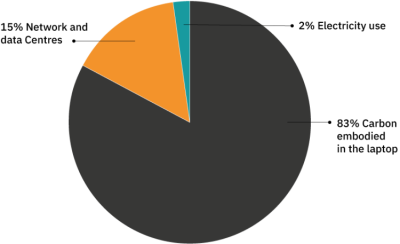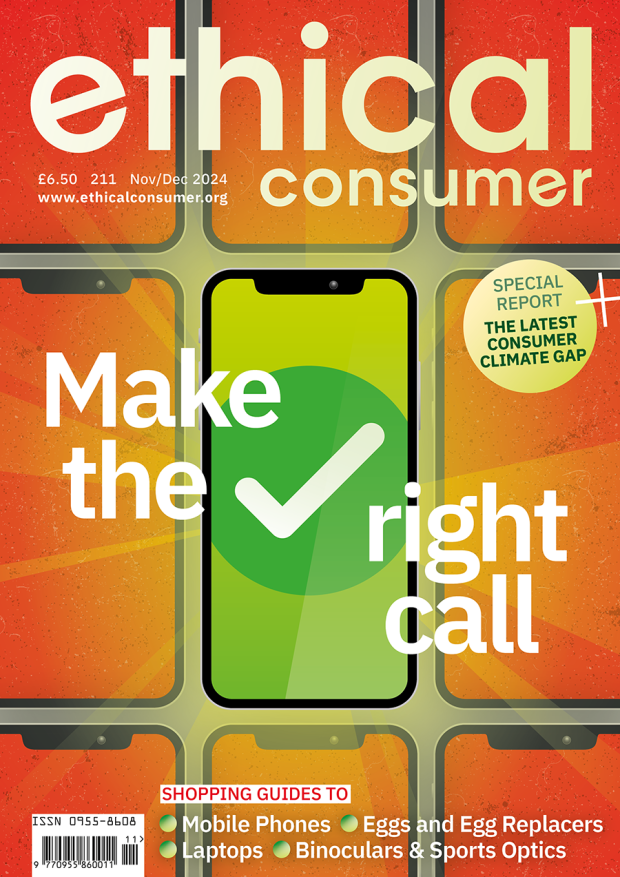How to find an ethical and environmentally-friendly laptop
In this guide we rank the biggest brands in the laptop market according to their ethical policies and performance, along with other brands which are becoming more available in the UK.
The sector is dominated by a few major companies, with around 50% of UK laptop ownership split evenly between Apple and HP, closely followed by Dell, Acer, then Lenovo.
The smaller, US-based Framework is something of an outlier in an industry dominated by multibillion-dollar conglomerates, and its fully modular, repairable products have not significantly dented the UK market yet.
However, the repairable design principles that Framework champions are increasingly shaping debates in the industry, and there are signs that major companies are taking some steps in this direction.
Are there any high scoring ethical laptop brands?
Technology continues to innovate and evolve at apparently exponential rates, yet public distrust in technology companies is perhaps growing even faster. Maybe some of that is due to the lack of movement on many ethical topics.
Although the laptop brands in the guide are not as high scoring as some brands in our other shopping guides, there is a clear difference between those at the top of the list and those at the bottom. Some brands failed to score even 10 points (out of a total of 100), which is seven times less than the brand at the top of the scoretable.







